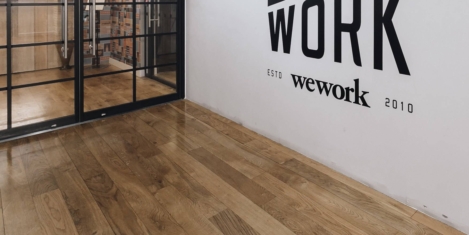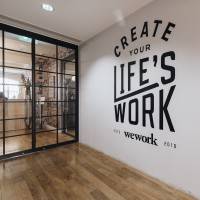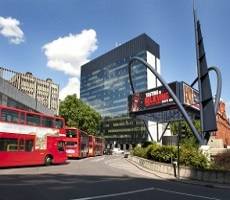July 28, 2015
Millennial ‘job hopping’ is the new normal according to US research
 Following a recent survey claiming that Millennials comprise more than one-in-three US workers, comes new evidence on the impact this could have on recruitment and retention. Over 1,000 US full-time Millennials who were questioned on their careers by RecruitiFi confirmed that ‘job hopping’ had become the norm. During the course of their careers, 53 percent have held three or more jobs. And while many have plans to stay in their current jobs for 3-5 years (33 percent), many respondents plan to leave after 1-2 years (20 percent). 34 percent acknowledged falling levels of employee morale in the office and 22 percent explained that their clients/customers have taken notice. While 83 percent of millennials acknowledge that job hopping on their CV could be negatively perceived by employers, 86 percent say that it would not prevent them from pursuing their professional or personal passions.
Following a recent survey claiming that Millennials comprise more than one-in-three US workers, comes new evidence on the impact this could have on recruitment and retention. Over 1,000 US full-time Millennials who were questioned on their careers by RecruitiFi confirmed that ‘job hopping’ had become the norm. During the course of their careers, 53 percent have held three or more jobs. And while many have plans to stay in their current jobs for 3-5 years (33 percent), many respondents plan to leave after 1-2 years (20 percent). 34 percent acknowledged falling levels of employee morale in the office and 22 percent explained that their clients/customers have taken notice. While 83 percent of millennials acknowledge that job hopping on their CV could be negatively perceived by employers, 86 percent say that it would not prevent them from pursuing their professional or personal passions.






























July 15, 2015
The standard gender pay gap narrative is a myth, but that doesn’t mean there aren’t problems
by Mark Eltringham • Comment, Flexible working, Knowledge, Workplace
(more…)